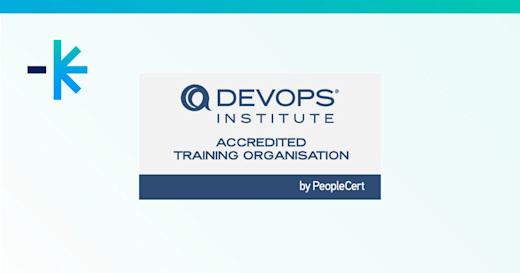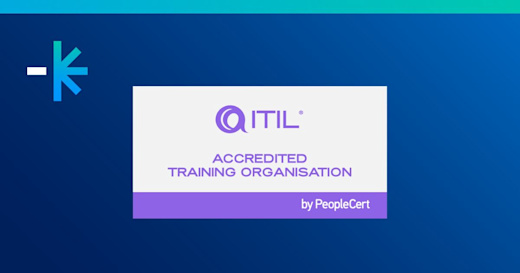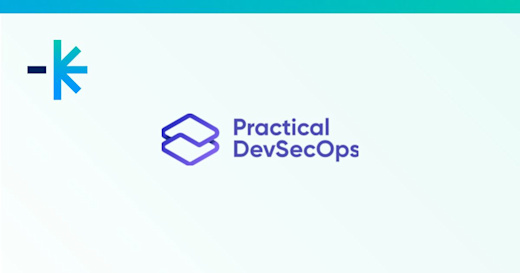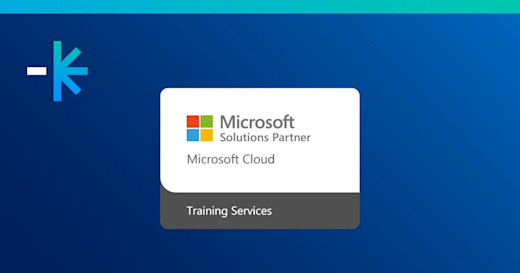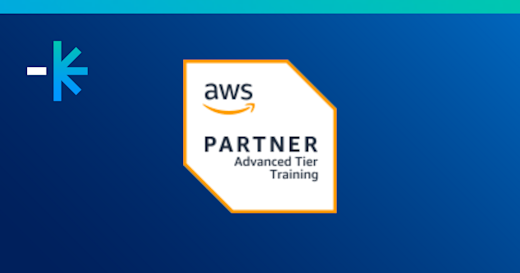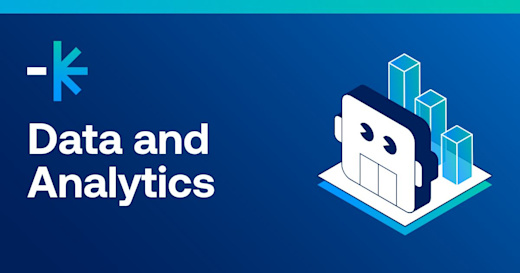Artificial Intelligence (AI) has evolved from a theoretical concept to a transformative force across industries. But behind its meteoric rise lie some core technological pillars: Cloud Computing and Data Platforms. Each plays a unique role in shaping AI’s capabilities, purpose, and potential. Quantum computing has the chance to supercharge it.
Understanding this interconnectedness highlights the importance of cloud computing skills and data analytics skills in building your organisation's AI training strategy.
Cloud Computing: Giving AI its brain
Before the cloud, AI was limited by hardware constraints and siloed environments. When you train complex models, you need massive computational resources, often inaccessible to most organisations. Cloud computing changed that game.
By democratising access to scalable infrastructure, the cloud became the brain AI needed to grow. Platforms like AWS, Azure, and Google Cloud provide elastic compute power, GPU acceleration, and distributed storage, allowing researchers and developers to train deep learning models at scale. The cloud also enabled real-time deployment of AI services, from chatbots to recommendation engines, making AI not just powerful but practical.
This is seen to grow. McKinsey forecasts that the demand for data centre capacity will be more than 3x by 2030, with AI accounting for 70 per cent of that.
In essence, cloud computing gives AI the cognitive horsepower to think faster, deeper, and more broadly than ever before.
Cloud Computing skills and scaling AI strategies
Cloud computing skills are essential for scaling AI strategies, as they provide the necessary infrastructure, flexibility, and tools required to transition from experimentation to enterprise-level deployment. So, understanding the major cloud platforms and services is foundational.
Skills in using pre-built AI services, such as Natural Language Processing (NLP) APIs, Computer Vision APIs, Speech Recognition, and Translation services, as well as Auto Machine Learning (AutoML) tools for model training, are useful for implementing AI without deep coding.
Because AI handles sensitive data, knowledge of Identity and Access Management (IAM) and data encryption and compliance frameworks, such as GDPR and HIPAA, helps your team establish the proper guardrails.
Learn more about cloud computing with Lumify Work.
Data Platforms: Giving AI a purpose
While the cloud gave AI its brain, data platforms gave it purpose.
AI thrives on data. But raw data alone isn’t enough. According to IBM, being AI-ready means your data is clean, structured, and accessible. Modern data platforms have revolutionised how data is ingested, processed, and analysed. These platforms act as the circulatory system for AI, feeding it high-quality, real-time information.
With robust data pipelines and governance frameworks, people can now train AI on meaningful datasets that reflect real-world scenarios. This has led to more innovative applications in healthcare, finance, logistics, and beyond, where AI isn’t just crunching numbers but solving problems, making decisions, and driving outcomes.
Data analytics skills enable AI implementation
Data analytics skills help bridge the gap between raw data and actionable intelligence. Data, after all, is the foundation of AI and AI models learn from data.
With data analytics skills, you can perform Data Wrangling & Preprocessing. Here, you clean, transform, and structure raw data. TechRadar reports that around 90 per cent of enterprise data is “dark” or unused. Modern data platforms help operationalise this data and unlock business value. When doing an AI-readiness check, ask: How much of your data is unused?
Data analytics skills like Exploratory Data Analysis (EDA) help professionals identify patterns, trends, and anomalies.
Through Statistical Analysis, your team can measure variables and evaluate AI models.
Skills in data visualisation and storytelling, along with the use of relevant tools like PowerBI and Tableau, ensure your team can present the data in a way that resonates with stakeholders.
You can expand your data analytics skills with training from Lumify Work and its vendors.
Quantum Computing: The Superpower that could change everything
If cloud computing is the brain and data platforms are the purpose, then quantum computing might be the superpower that redefines the very nature of AI.
Quantum computing operates on principles of quantum mechanics, allowing it to process information in fundamentally different ways. Unlike classical bits, quantum bits (qubits) can exist in multiple states simultaneously, enabling exponential increases in computational power for certain tasks.
For AI, this could mean:
Solving optimisation problems that are currently impossible.
Accelerating machine learning algorithms beyond classical limits.
Enhancing cryptographic security in AI-driven systems.
Modelling complex systems like climate, biology, or economics with unprecedented accuracy.
While quantum computing is still in its early stages, breakthroughs from companies like IBM, Google, and startups like Rigetti and IonQ suggest a future where AI powered by quantum could tackle challenges we can't yet imagine.
Cloud computing, Data Analytics and AI - A convergence of forces
The journey of AI is not a solo endeavour; it’s a symphony of technologies working in harmony. Cloud computing gives AI the brain or the ability to “think.”
Data platforms gave it the purpose of acting. And quantum computing may soon give it the superpower to transcend.
As these technologies continue to evolve and converge, we stand on the brink of a new era, one where AI doesn’t just assist us but partners with us to solve humanity’s greatest challenges.
Explore AI and Machine Learning courses with Lumify Work. Download our brochure on AI and Machine Learning courses.



